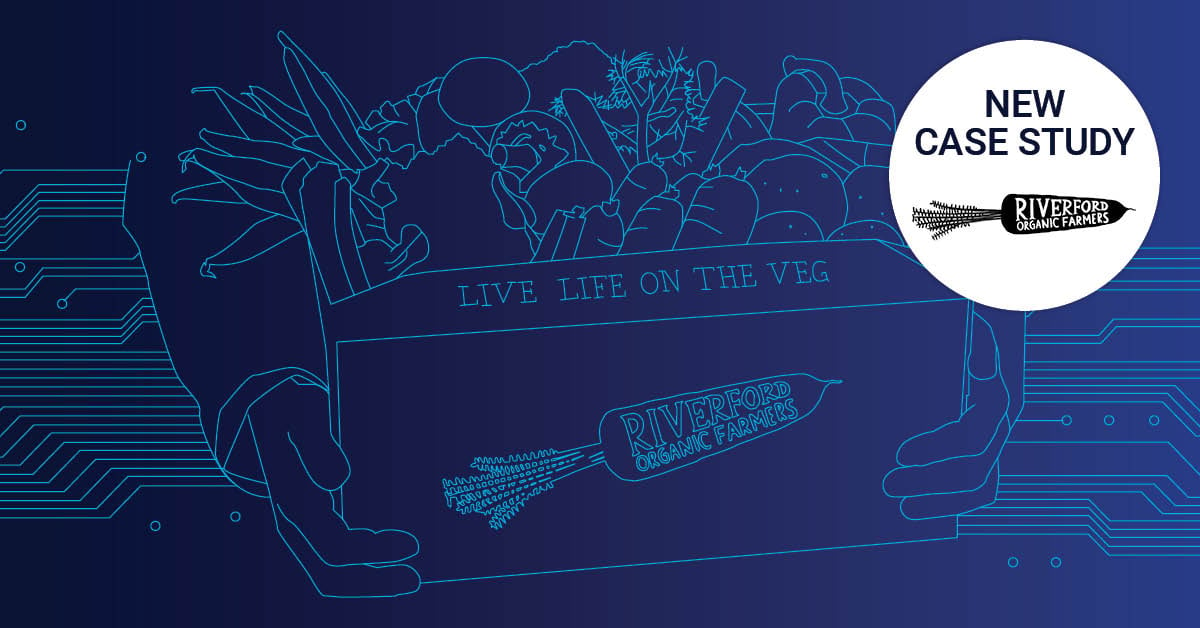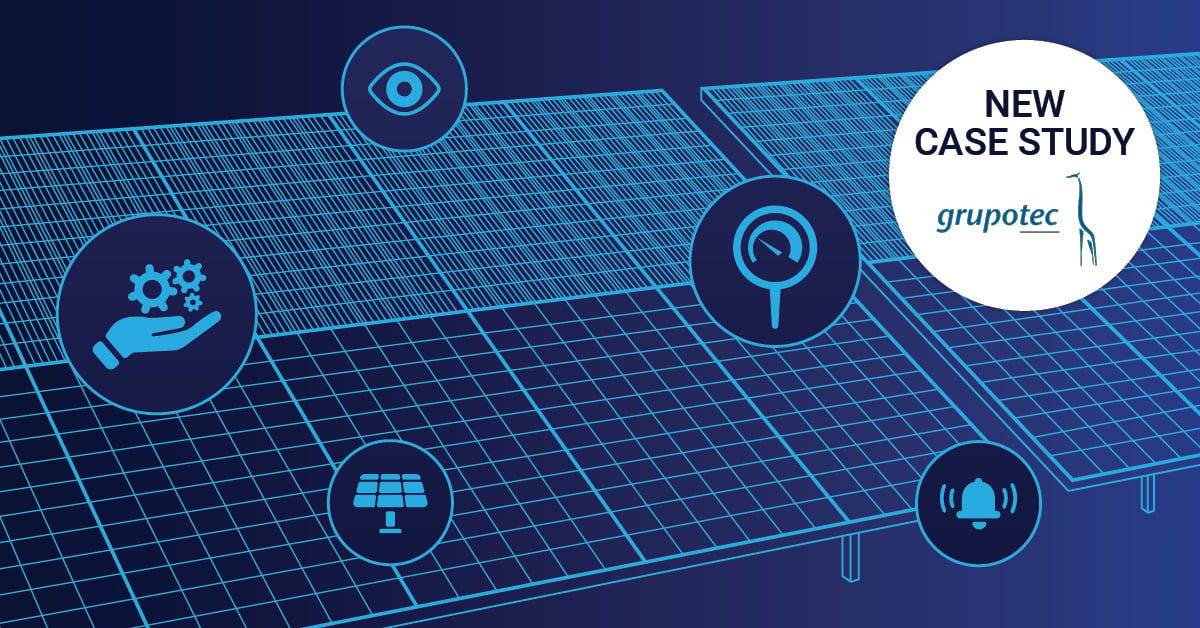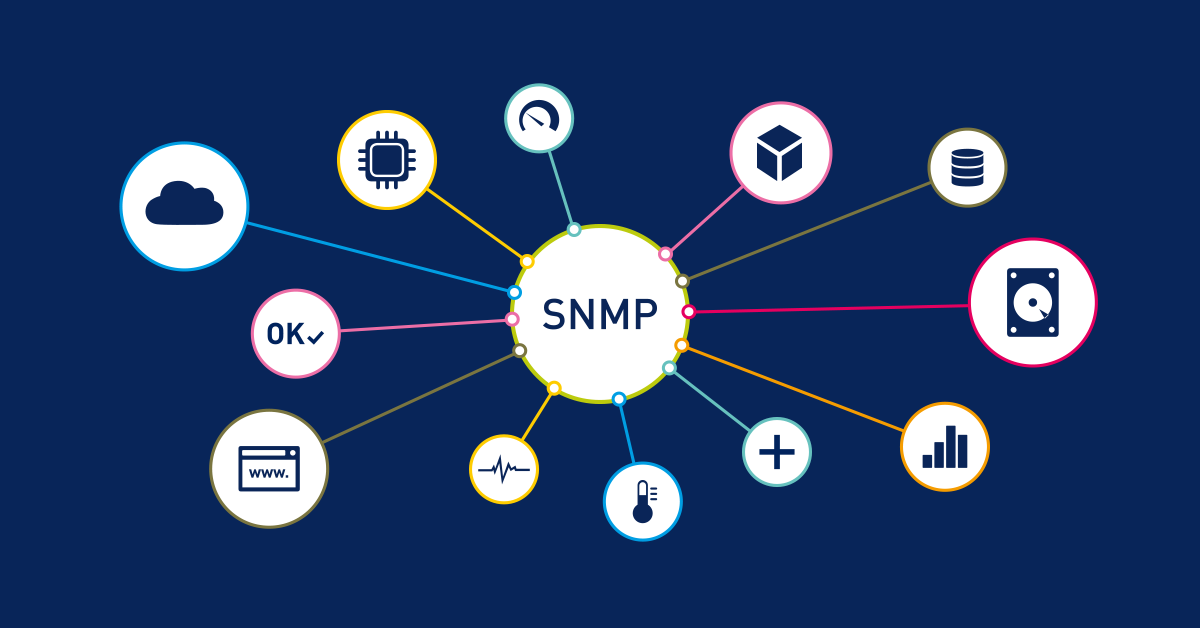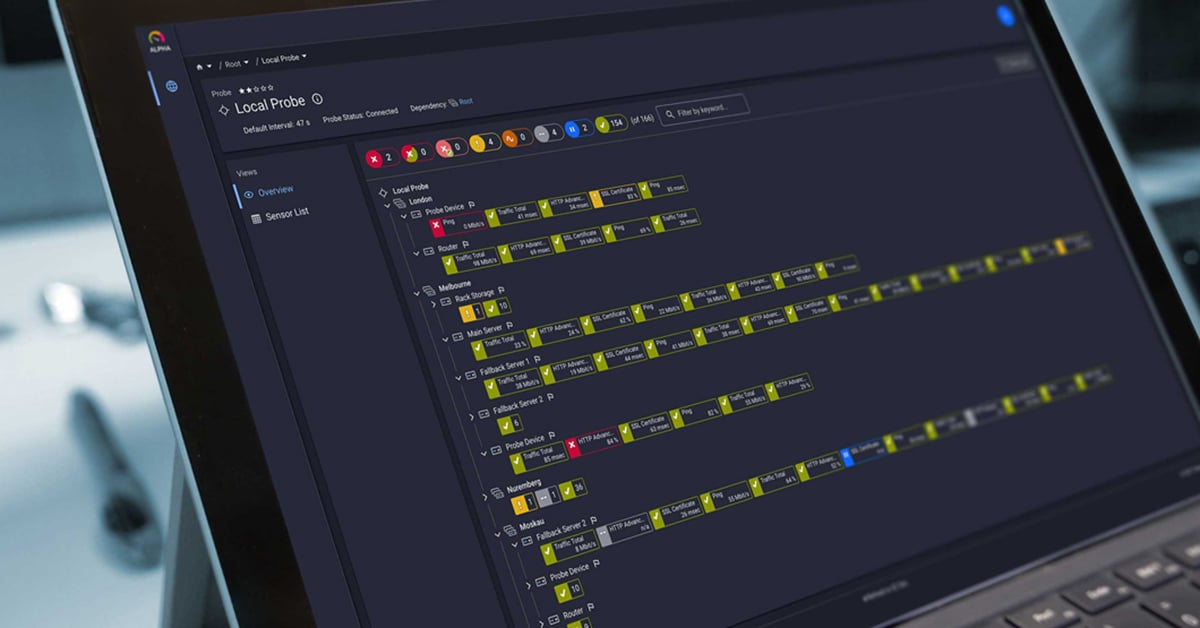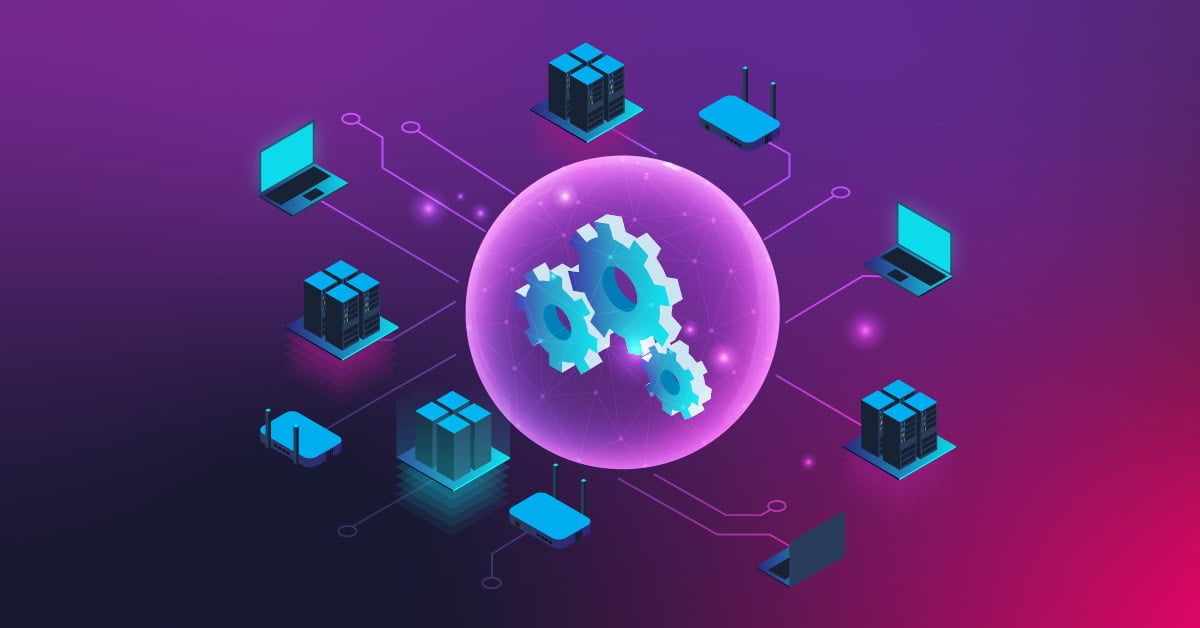As an innovation manager, I am trying to keep pace with current tech trends and have come across a couple of exciting stories I want to share. After reading so many individual pieces of information, I am trying to see the bigger picture behind it all and what we’re aiming at. Some of these tech trends stand out, and I frequently see opinions that I think are misleading. Also, I think these changes are coming very slowly and will go almost unnoticed – we will understand how much they changed our lives only afterwards.
🎤 Voice Assistants
 There have been a couple of digital voice assistants around since Apple introduced Siri in 2011. Today, you can get a digital home assistant device for little money, making the service available any time. Actually, they are ubiquitous, but few people actually use them. Why? Because there are few things they are actually helping with in most households, and you need to program a computer to get real value out of them. Ok, not programming in a typical sense, using Java or Python or other programming languages. They understand human language. But: you need to use certain words and certain grammar to be understood.
There have been a couple of digital voice assistants around since Apple introduced Siri in 2011. Today, you can get a digital home assistant device for little money, making the service available any time. Actually, they are ubiquitous, but few people actually use them. Why? Because there are few things they are actually helping with in most households, and you need to program a computer to get real value out of them. Ok, not programming in a typical sense, using Java or Python or other programming languages. They understand human language. But: you need to use certain words and certain grammar to be understood.
Digital voice assistants are also limited in understanding the bigger story. Ever tried to ask Alexa about movie recommendations for tonight with your 11-year-old son? Today it's not much fun. Tomorrow it will be as if you asked your friend who has kids too.
👉 Google has recently presented a digital conversational agent
It talks to a human person making an appointment for a haircut or a restaurant in a way that the person might not even notice they're talking to a computer. Spoken human language will be the future for interacting with computers. Conversations will be more and more human-like and Alexa & co will answer like a human person would. Finally, the shift to voice doesn’t require any training. I guess, voice interfaces will be used for 50% of human machine interaction within 5 years. We will have an interface with the oldest and most natural form of information transfer: Spoken language, and more specifically: stories. Smartphones will be able to derive tasks from your story. We will be able to manage our lives without using individual apps. After you tell your phone about your plan for tonight, it will find the nicest restaurant nearby (Yelp), make a reservation (phone call), book a ticket for the metro, send an email to your colleague that you're out of office for today (Outlook), and send a message to your spouse, inviting her out for dinner (WhatsApp). Ok, maybe the last one will be a conversation you want to have yourself. 🤓
🤖 Artificial Intelligence
 There are lots of discussions going on about this huge “AI” thing and how many jobs will get lost because of AI.
There are lots of discussions going on about this huge “AI” thing and how many jobs will get lost because of AI.
People predict that AI will be a tool like Word or Excel. Reading this, I immediately see the picture of a manager delegating tasks to AI instead of people. I have a different view on AI. I think it will make us smarter and more efficient, relieving us of boring tasks. AI won’t replace but support us. AI gets great results in certain areas (e.g. identifying skin cancer), comparable to human doctors. But AI won’t replace a doctor. Humans will use AI and then be able to reach new levels. AI is not a single tool like Word. It is more like a database, built deeply into other tools. Imagine Word with a sentence completion function. Or Excel with an auto-pivot functionality (ever tried to use pivot tables? They are cool and require a lot of learning!). You can focus on your thoughts and intentions and leave the rest to the tool.
AI will be frictionless. There will be no big bang and it's already here today! In 5 years, there will simply be a lot more tools and services using AI in the background, to provide a better and more convenient experience. We won’t have human-like robots, but instead a lot of AI. And, like today, we won’t notice. We just see tools getting more and more convenient, like for example:
- Auto correction on smartphone keyboards
- Google search
- Spotify recommendations (impressive!)
- Outlook filters
AI will be part of most products and services already available today. While nobody talks about it, deep learning is already improving the services’ quality and will increasingly do so in future.
For businesses, AI does a lot of optimizations too, for example:
👉 Google Datacenter AC energy consumption reduced by 30%
👉 Google wind energy plants effectivity increase of 20%
👉 City traffic management: reduced travel time by 25% while vehicle emission dropped by 20%
🚗 Self-Driving Cars
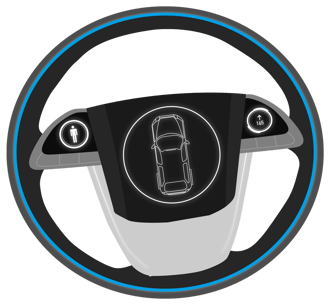
Another very prominent application of AI is self-driving cars. While everybody talks about it and Tesla does a lot of marketing around it, in reality it is much further along than I thought it is. There are self-driving taxis in San Francisco operated by Zoox. Already today! Google's Waymo has some taxis driving around in Phoenix, while Uber and others are close. They are not yet allowed to charge for a ride and still have two people coming along to assist in case of problems. But Zoox cars need assistance only every 3,500 miles.
Self-driving cars won't be the cars you buy for yourself, like you buy your VW Golf or BMW. At least for a while, they will be far too expensive to buy (Lidar sensors are more than 100k€ today but are getting cheaper by 50% every 6 months). I think self-driving taxis will be the future. Electric self-driving taxis. This is when all of it starts making sense. Costs for batteries and expensive sensors are shared with lots of other users. You don’t pay cars for standing around. You pay to get from A to B. This will further reduce CO2 footprint per mile, because energy needed for construction is spread over a much higher mileage. Charging infrastructure is not a problem anymore. We need a lot less cars.
👉 Worth seeing: A16Z Frank Chen's analysis of what happens when we have self driving electric cars.
All of this is not far away as we see the technology as being almost there, today. I think in 5 years from now, we will have decent offers that make it unnecessary to buy a car.
Use your Uber app (or Zoox or Waymo) to call a taxi at costs that beat owning a car. You will just have to get used to not seeing a human person driving the car.
📱 Mobile First
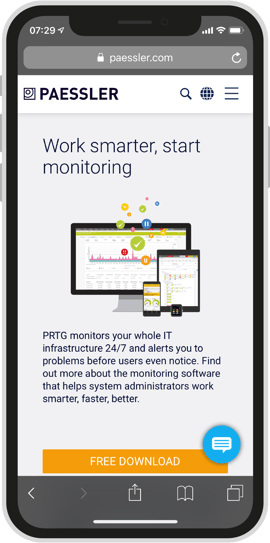
Another topic offers very exciting prospects: Virtually everybody on earth has a smartphone now. The next years will see many traditional businesses go online. Ecommerce isn't where it will be in 5 years.
📽️ Worth seeing: Ben Evans' talk "The End of the Beginning"
If you really want to know what "Mobile First" means, look at China. They skipped desktop PCs, and now everyone has a smartphone.
👉 Check out this talk about China and mobile
- For example, in China you are able to live without using cash or credit/debit cards for 2 weeks.
- For example, super apps like WeChat are extremely popular in China: you don't use other apps, because everything is in one app!
In the next couple of years, we will see lots of businesses go smartphone. Offers that are there already today will take the next step and be more convenient, easier to use, faster and cheaper, and based on smartphone apps.
Your Thoughts?
I would love you to tell me about your thoughts and challenge my highly opinionated view. How strongly will these topics influence our lives? Which other changes do you see coming?
 Published by
Published by 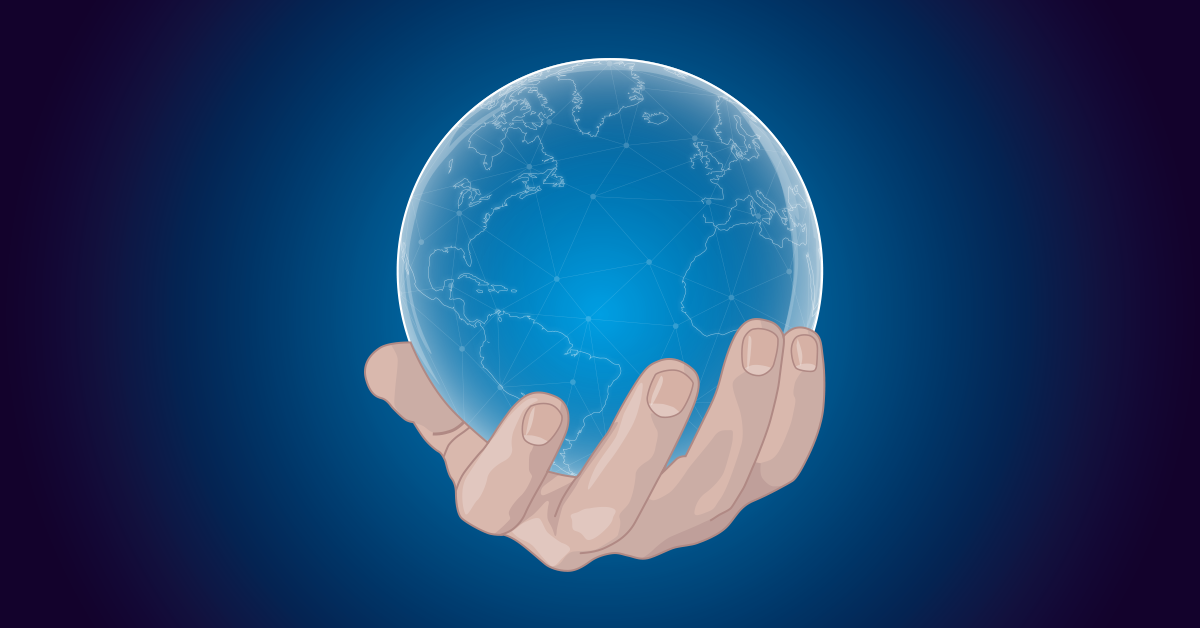


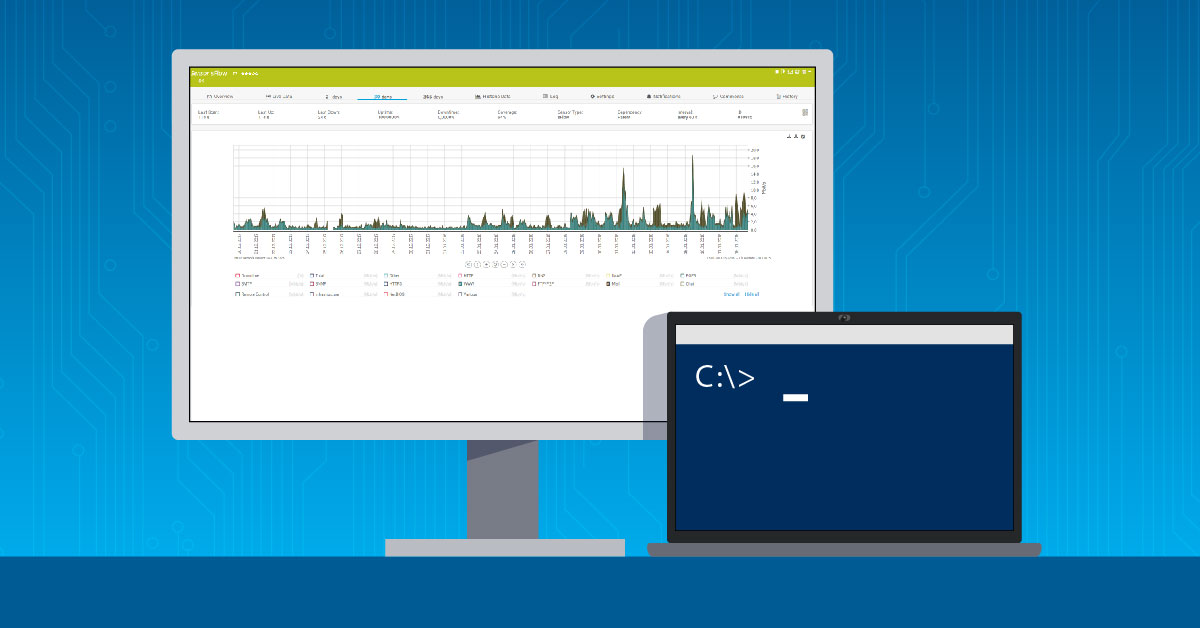
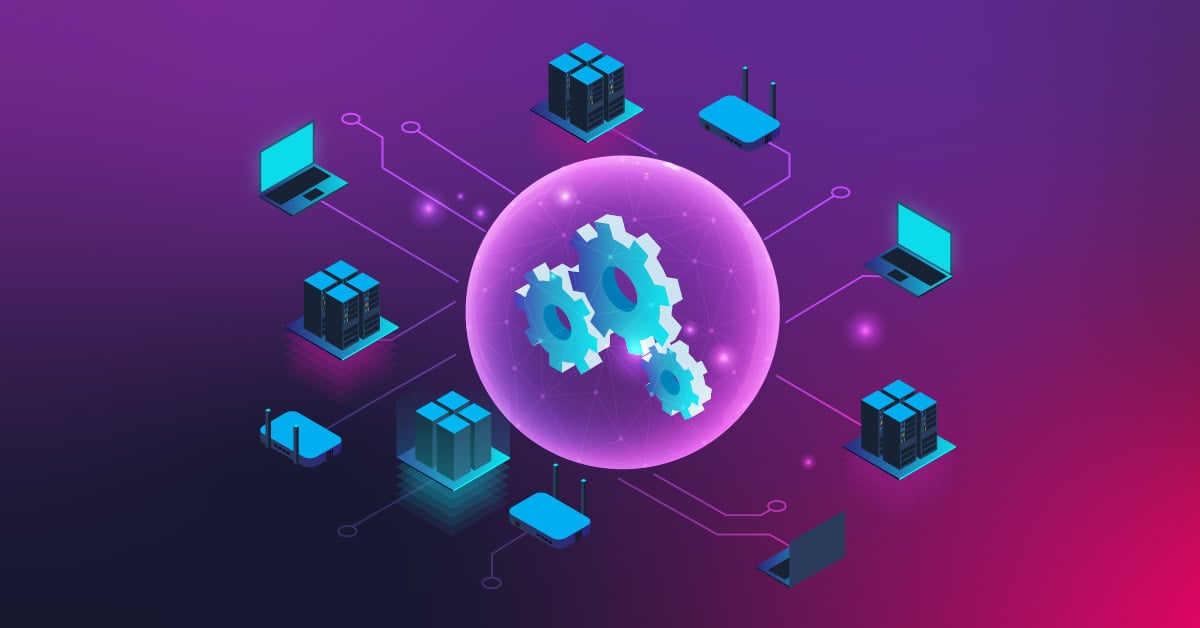
.jpg)
